In our family, there were two of us. Two sisters. We were the girls. Marion and Nancy. Or Mancy, as my father sometimes called us interchangeably. I was the smart one, she was the pretty one. I was the plump brunette tripping over her own feet, she was the petite blond cartwheeling across the lawn. I was the teacher, the director, and the big boss of everything; she was the student, the follower, and the lovely assistant. However, just as important as all these differences was our sameness. We were often dressed alike in stretch pants and striped tops my mother bought wholesale—long past the age where we hated it—because Daddy was in the garment industry. Finally, in our preteens, we put our foot down.
We were the girls. Marion and Nancy. Or Mancy, as my father sometimes called us interchangeably.
So it was funny when in our mid-forties, living many hours apart in different states, we both drove with our families to the dock in New Jersey from which the cruise our mom was taking us on was to embark. My mother and sister were already fighting when they got there: my mother was decked out in some jaunty nautical costume and simply could not believe that my sister had shown up for a cruise in overall shorts with a tank top.
Then I arrived in the exact same outfit as Nancy.
“You have to admit it’s kind of funny,” I said to my mother that night as I sat beside her at dinner beneath the glittering chandeliers of the plushy dining room.
My mother hadn’t reached the amusing-hindsight phase. “Is anybody else dressed like you two in this place?” she said, gesturing around the three-tiered hall. “I don’t know what’s wrong with you girls.”
Sister Bond: “You Girls”
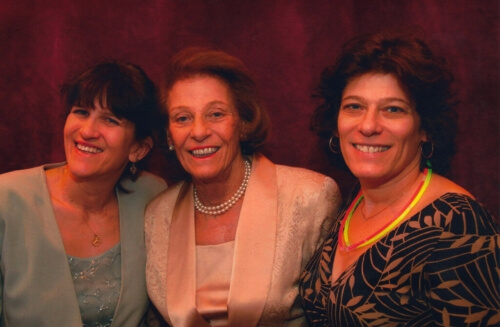
My mother is no longer here to wonder what is wrong with us girls, which is too bad because there’s not as much wrong with us as there once was. Boy, were we a handful when we were young, wild teenage hell-cats running around without the sense we were born with. Ah, well. Now I spend most of my time urging people to clean their rooms and my sister barely drinks caffeinated coffee. Not only are we not crazy, we are kind of boring.
But even sadder than my mother missing our descent into dull middle age is that there is no one left who would think of us as “you girls.”
Except us. To us, we will always be a we.
As a teacher of memoir, I have noticed that there’s a certain “we” that people use when they tell the stories of their childhoods, reflecting the sense of being one of a pack or a litter, one of a gang of siblings or neighborhood kids. We never wore shoes. We played Hide and Go Seek in the dark. We bought candy from the concession at the Little League ball field and ate it under the bleachers. We were afraid of our mother and we worshipped our father, who took us to Burger Chef, the very first fast food place we had in our town. We stole Larks, and later Merits, from our mother. We made out with boys on the 9th tee of the golf course behind our house. We hitchhiked down to the beach, found someone with ID to buy beer and drank it in the cool dark sand under the boardwalk.
The Family “We”
After you leave your parents’ home and go your separate ways, the “we” of childhood becomes more theoretical, but my sister and I have never fully left it behind. We lived in a fifth-floor walk-up in New York and in a series of ramshackle bungalows in Austin, Texas. We got married at our parents’ golf club, at least the first time we did, and we both lost those husbands young when they died of AIDS. We both had two sons without fathers, and much later, we had little girls. We love hot tubs, we love movies, and we love artichokes. We diet, relentlessly and fruitlessly, and we do yoga. We grew up with a miniature dachshund, we have miniature dachshunds now, and we don’t like to imagine a life without miniature dachshunds.
My mother is no longer here to wonder what is wrong with us girls, which is too bad because there’s not as much wrong with us as there once was.
There have been several studies in the past ten years showing that people who have sisters are happier. Originally it was suggested that it was because having a sister means you always have someone to talk to about your problems. The latest articles have amended that conclusion — it’s important to have someone to discuss serious personal matters with, but it’s even more important just to talk. Sisters tend to talk to each other a lot, even when they are far apart, and that, they say, adds up to happiness. Quantity trumps quality. Conversely, I’ve noticed that people who have lost their sisters — to death, to misunderstandings gone out of control, in one case I know of, to a cult — tend to be a little stunned. Permanently.
Becoming “The Winik Girls” Again
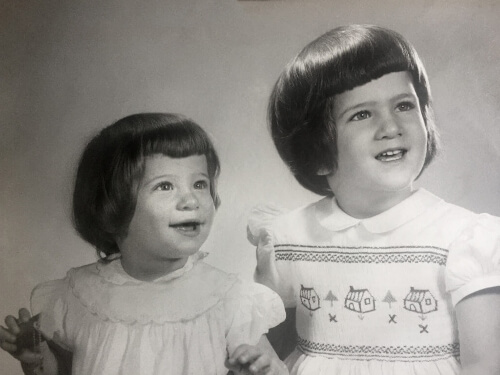
Sharing the experience, and the burdens, of our mother’s final illness brought my sister and me very close, made us The Winik Girls again in a way we hadn’t been in a long time. Since our mother died, we have transferred the conversations we used to have with her to each other. When something very good or very bad happens, either of which can be hard to discuss with even close friends, we call each other. It doesn’t feel so much like bragging to tell your sister about the great thing your son did, or the promotion you got at your job. Or if it’s a bad thing your son did, or a big mistake you made at work, it’s not as shameful and unimaginable to air it out.
With those things, we often say we are glad Mommy’s not around so we don’t have to tell her.
We also feel free to discuss unbelievably mundane topics, like a stain we got on our pants or what is wrong with the boiler or this weird thing the neighbor said the other day. What are you doing this weekend? How was that party? Do we have to bring a present? Have you tried those new tofu things at Chipotle? Are you still mad at Jane?
Margaret Mead is quoted as saying that sisterhood is probably the most competitive relationship within the family, but once the sisters are grown, it becomes the strongest. That is exactly right, I think. When all that me-me-me-pick-me and jealousy and schadenfreude drains away, it is replaced by pride. I am so proud of my sister, who is hard-working and loyal, committed to her family, smart and community-minded. She might be the more grounded of the two of us now: at least, she’s the one who does our taxes. I very much doubt she would want to write an essay on the topic of sisterhood, but I think she will be proud that her big sister did.

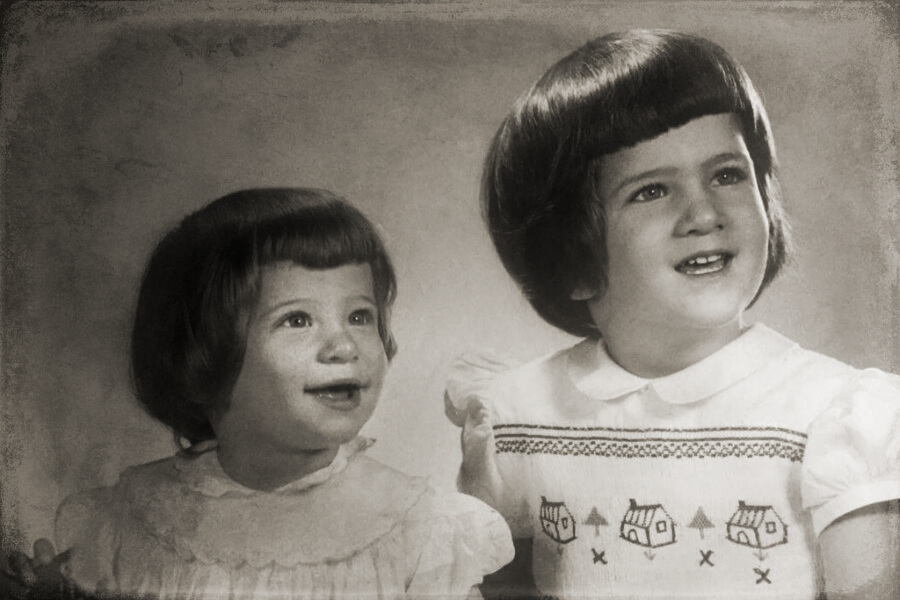




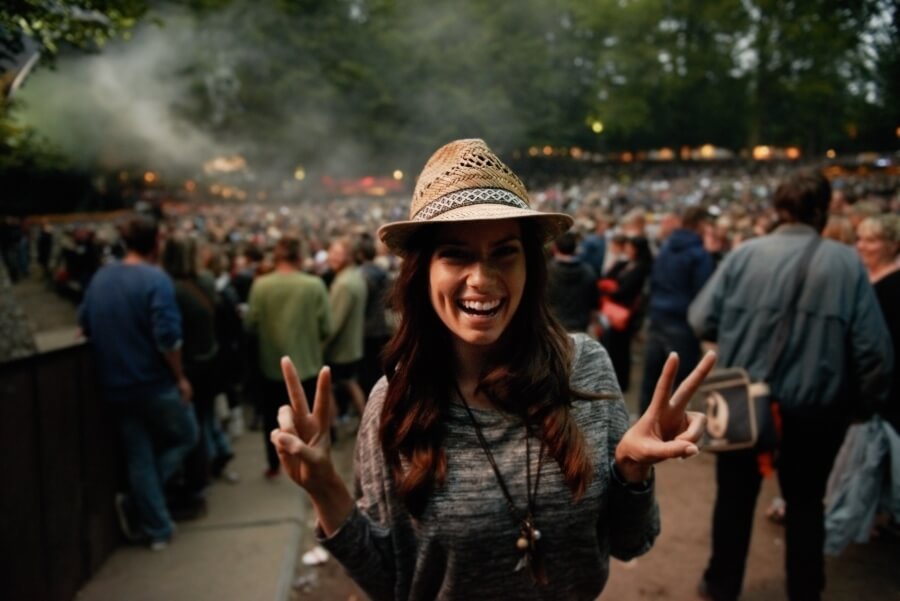
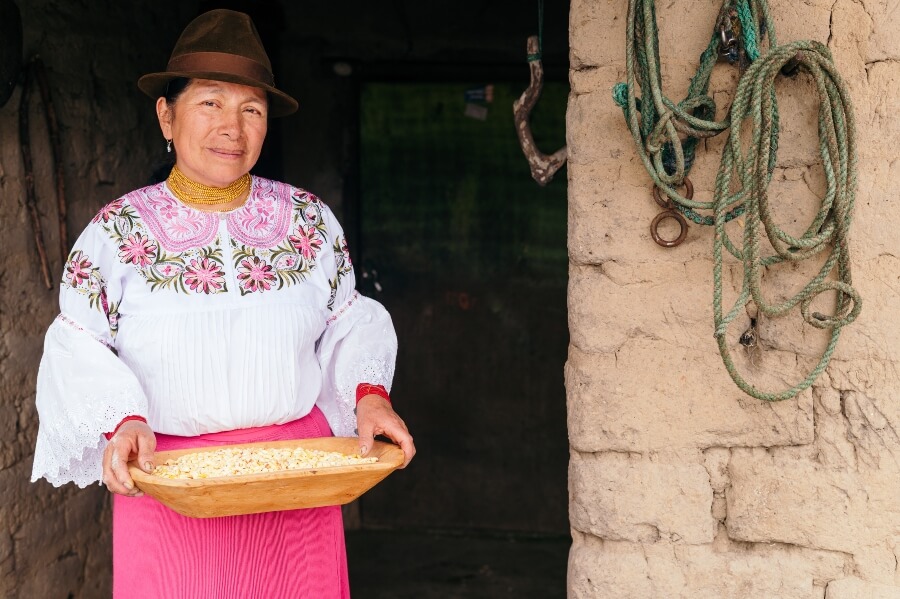
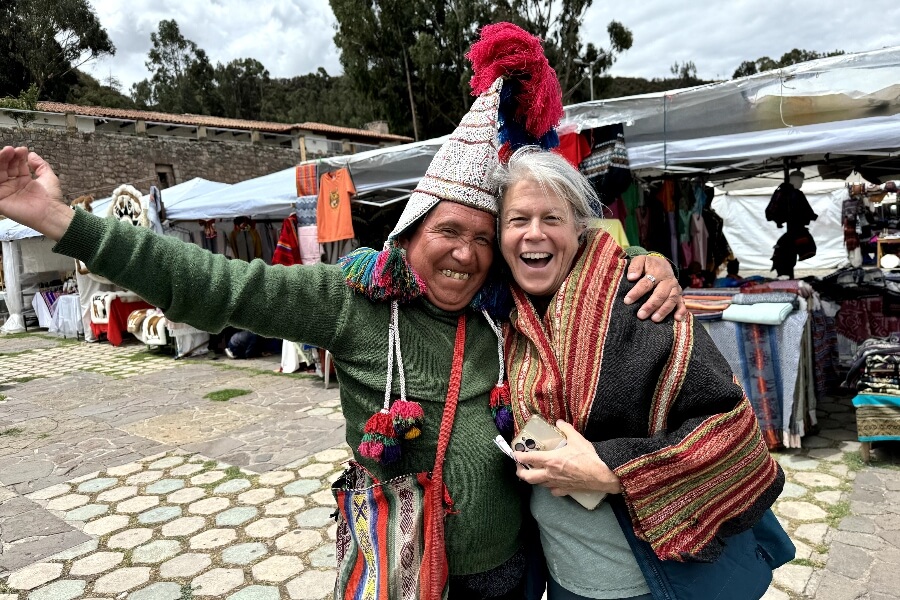

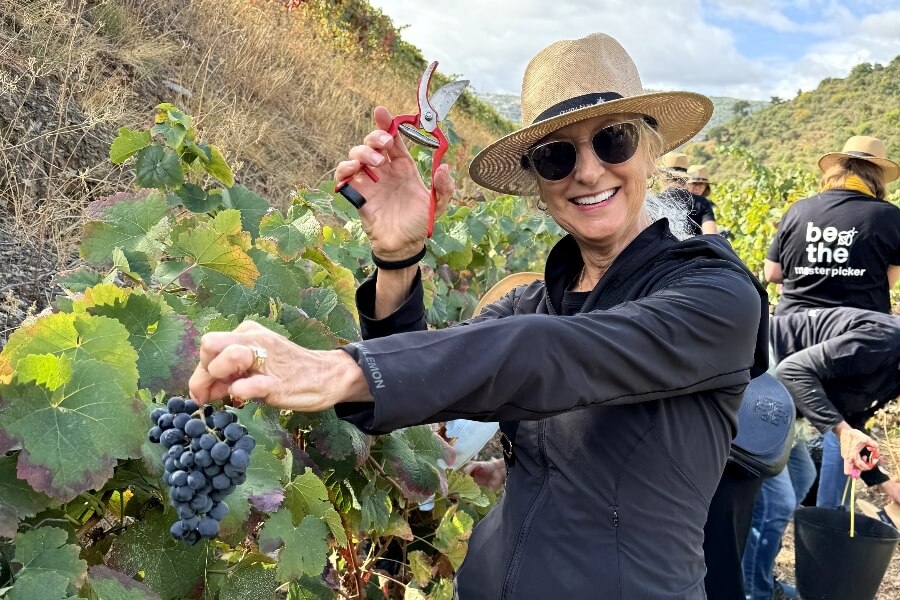

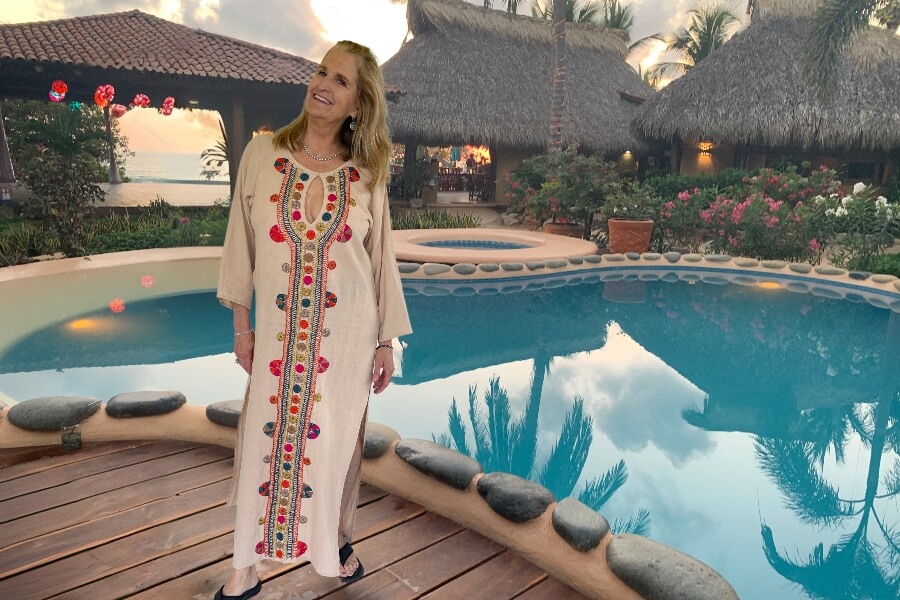


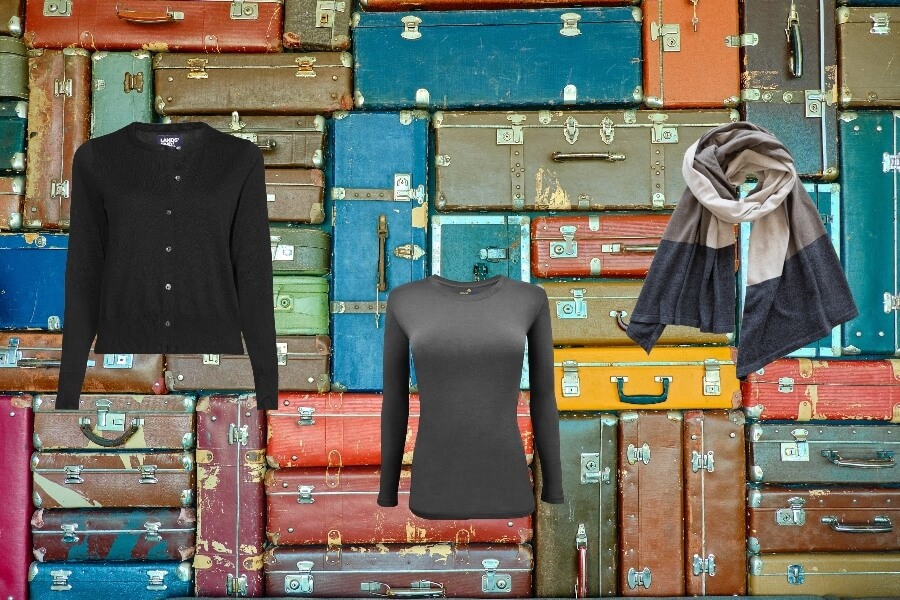

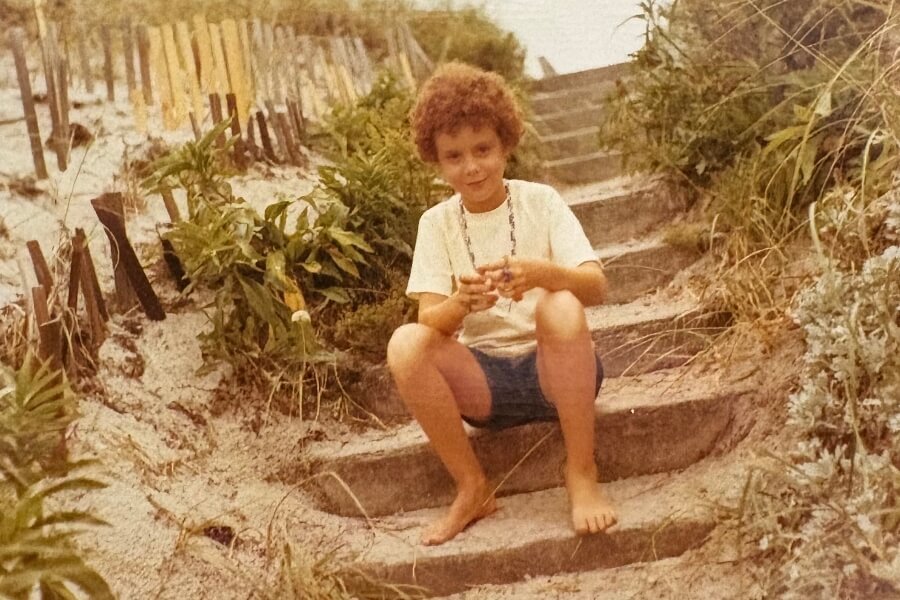

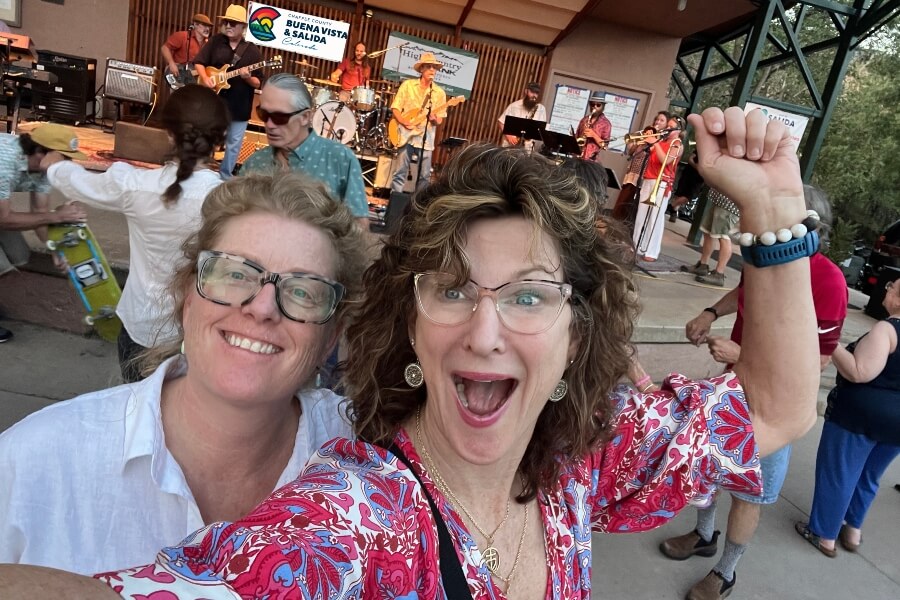



0 Comments